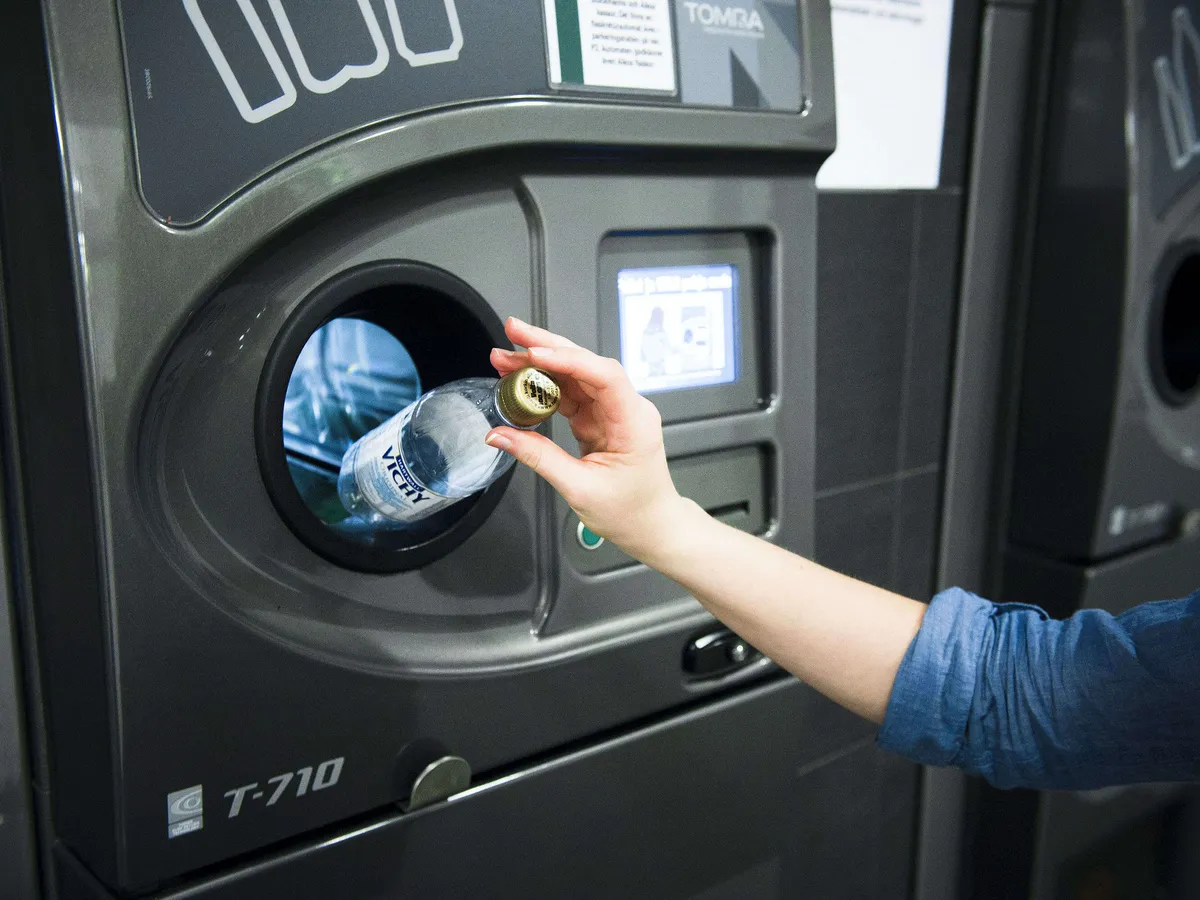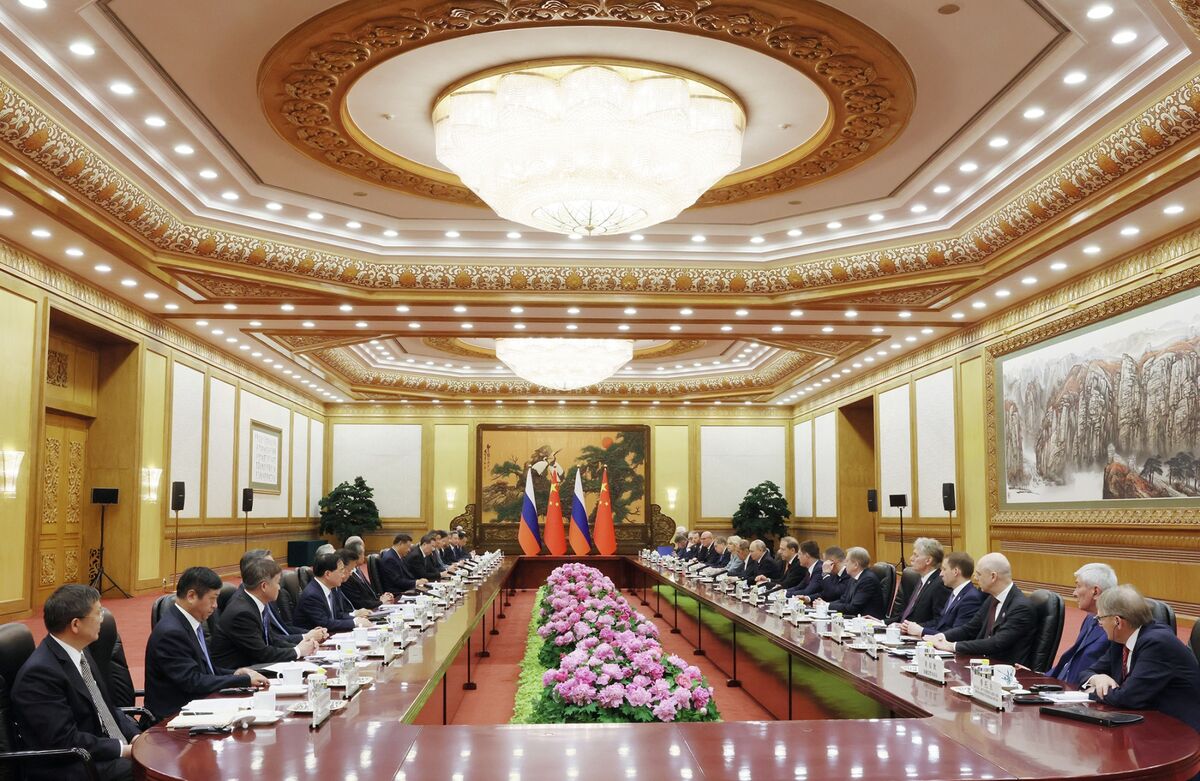The European Parliament is set to give its final approval to the EU’s packaging waste regulation on Wednesday. Despite the hopes of the Finnish beverage industry, it is unlikely that parliament will reject the result of the negotiations known as the “trilogy,” which presents challenges for Finland’s bottle deposit system.
Under the new regulation, ten percent of beverages must be sold in reusable packaging by 2030, primarily affecting the brewing industry. The Finnish food industry estimates that this regulation will lead to costs amounting to hundreds of millions of euros and the creation of two separate bottle return systems.
Finnish MEP Elsi Katainen believes that creating a parallel return system is not reasonable and finds it preposterous to do so alongside the successful Finnish bottle return system. On the other hand, MEP Mauri Pekkarinen from the Center party plans to vote against the regulation, arguing that it penalizes environmentally conscious operators in Europe.
Social Democrat MEP Miapetra Kumpula-Natri views this as a scenario where lobbying efforts came too late. She only became aware of the issues with the return system after it had already passed through parliament. Negotiators from Parliament and Council reached an agreement on regulating details in March. Nils Torvalds from Rkp plans to vote in favor of legislation, fearing that revisiting it could lead to a worse outcome.
The Greens’ Ville Niinistö sees this regulation as a positive step towards sustainable packaging but recognizes that further clarity is needed on requiring a parallel bottle return system. Finland could receive an exemption if overall plastic recycling reaches 50 percent. However, concerns have been raised by Palpa, which administers recycling systems for deposit bottles, about confusion between high deposit bottle return rates and low rates for other plastics. Henna Virkkunen from coalition suggests that these issues can be resolved during national implementation.
In conclusion, while some see this new EU regulation as a step forward towards reducing packaging waste and setting targets for reuse and restriction on single-use packaging, others fear its consequences on specific industries such as bottling or food production companies in Finland and Europe at large.


